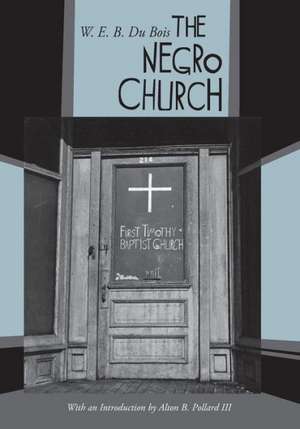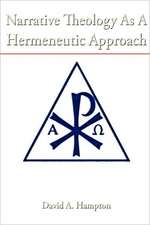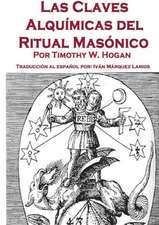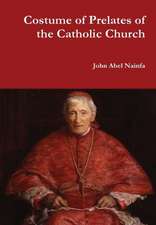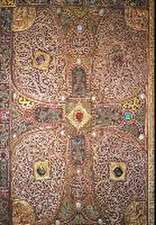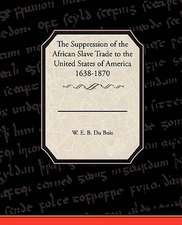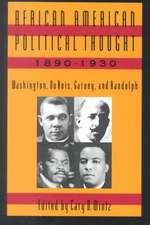The Negro Church
Autor W. E. B. Du Bois Editat de III Pollard, Alton B.en Limba Engleză Paperback – 31 oct 2011
Preț: 243.24 lei
Nou
Puncte Express: 365
Preț estimativ în valută:
46.54€ • 48.60$ • 38.43£
46.54€ • 48.60$ • 38.43£
Carte disponibilă
Livrare economică 25 martie-08 aprilie
Livrare express 08-14 martie pentru 70.25 lei
Preluare comenzi: 021 569.72.76
Specificații
ISBN-13: 9781608997671
ISBN-10: 1608997677
Pagini: 334
Dimensiuni: 175 x 251 x 18 mm
Greutate: 0.63 kg
Editura: CASCADE BOOKS
ISBN-10: 1608997677
Pagini: 334
Dimensiuni: 175 x 251 x 18 mm
Greutate: 0.63 kg
Editura: CASCADE BOOKS
Notă biografică
W. E. B. (William Edward Burghardt) Du Bois (1868-1963) was a world historian, sociologist, journalist, novelist, civil rights leader, and Pan-Africanist. He was the first Black American to earn a doctorate at Harvard and was one of the founders of the Niagara Movement, which became the National Association for the Advancement of Colored People (NAACP). He also founded the NAACP journal The Crisis and edited it for nearly a quarter of a century. Du Bois was a critic of Booker T. Washington, whom he felt was too willing to compromise about Black rights. A published writer as a teenager, Du Bois wrote prolifically until his death at ninety-five. His 1903 Souls of Black Folk is a founding text of the civil rights movement. In it, as well as in other books including the Dusk of Dawn, he used personal experience as a persuasive tool. Controversial, articulate, and impassioned, he had wide-ranging influence in the United States and around the world. Du Bois's communist beliefs led to conflicts with the US government in the 1950s, and he eventually settled in Ghana, where he died. Nonetheless, his attachment to his birthplace, Great Barrington, Massachusetts, was a constant in his life, and his thinking on a broad range of issues has gained new attention in the twenty-first century. Each volume of David Levering Lewis's biography of Du Bois won a Pulitzer Prize.
